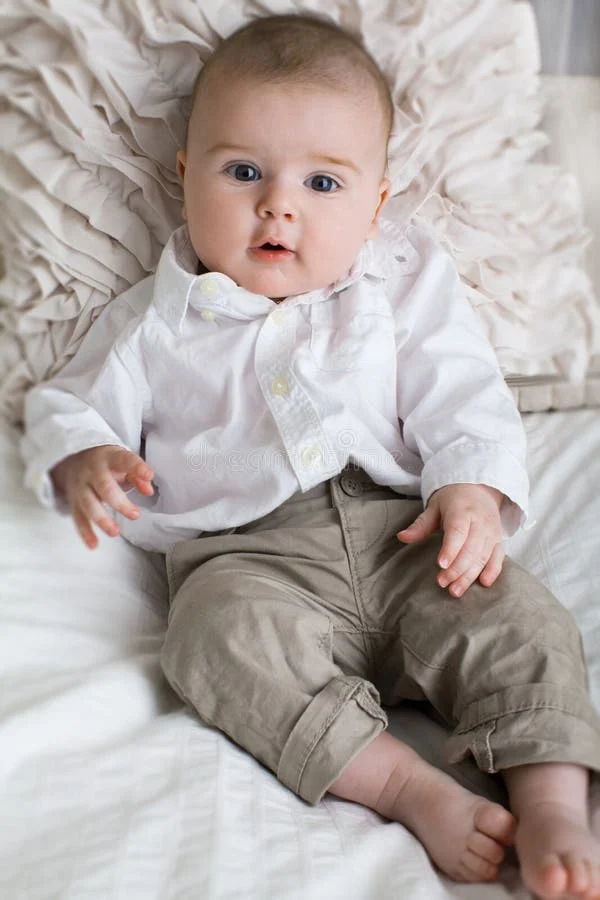Earlier today, I found myself in a rather comical predicament while helping my mom with a urine sample at the hospital. It’s a challenge, crouching, aiming, and trying to guess where the stream would land. Add in a daughter who’s over-managing her mother’s flow, and you have a scene that would fit right into a Mike Nichols and Elaine May comedy sketch—albeit one featuring a line of impatient patients outside, tugging at their waistbands.
Sometimes, my mom and I feel like a comedic duo, bickering in front of strangers in the bright fluorescent hallways of the hospital. We’ve become the post-stroke version of Nichols and May, navigating the complexities of dementia and caregiving. Who knew that after 30 years in the performing arts, this would be my moment in the spotlight?
Did Nichols and May ever tackle the theme of profound loss in their routines? Probably not; after all, death is rarely comedic. Yet, amid the chaos of our interactions shaped by her memory loss and the frustrations of a caregiver, we manage to find humor in the absurd.
As we sat outside the hospital waiting for the bus, I felt an unusual stillness in the air. Brain injuries and countless hospital visits seemed to fade away for a moment. I noticed we were getting along better than usual today, and I sensed that something special was about to unfold. Just ten minutes prior, the doctor had laid out my mother’s grim choices regarding her treatment, which I had ultimately decided upon. I stared at a nearby brick wall, which belonged to a dilapidated housing project, and chuckled bitterly at the sight.
“What’s funny?” my mom asked, her curiosity piqued. Since she often forgets our conversations, I’ve grown tired of explaining my thoughts. It feels like a relentless cycle.
She’s 75, and I relish sharing that fact with doctors who are always visibly surprised. My mom was once a dancer and a figure skater, but in the last two months, she’s faced multiple health challenges, including abdominal surgery and a blood transfusion. She’s endured the aftermath of a catastrophic hemorrhagic stroke that soaked two-thirds of her brain back in November 2009.
The doctor had told me at her bedside that she likely wouldn’t wake up, but two days later, she defied those odds. She even entertained the medical residents with ballet steps. “What about mascara and a hairbrush?” she asked when I mentioned her boyfriend was on his way. She was still my mother, discarding the expected recovery narrative and creating her own.
Despite her frail appearance, the trauma hasn’t dimmed her spirit. Her big brown eyes, radiant red lips, and elegant bobbed hair still captivate. She navigates the world in her old jazz pants, a dancer’s grace evident in her every move. You’d never suspect she struggles with remembering her birthday or her grandchildren’s names.
“I have a confession, Mom,” I said, shifting my gaze back to the dreary brick wall.
My mom has always loved winter, perhaps because it aligns with her iconoclastic nature as a former figure skater. She relishes the cold, often feigning shock when others complain about winter’s harshness. Her unpredictable perspective on life has always fascinated me.
Having lived in Los Angeles, I grew up under palm trees, where “winters” rarely dipped below 50 degrees. New York City winters were the stuff of movies and my mother’s childhood memories of performing at Rockefeller Center. The stark contrast between “normal” and Los Angeles was palpable. We didn’t rake leaves or build snowmen; those traditions were foreign to me.
Now, having spent half my life in New York, I’ve embraced winter’s chill and look forward to spring’s arrival. “I confess I’m eager for spring, Mom. Something has shifted for me this year. I want sunshine, flowers, and light,” I admitted, feeling a hint of shame.
“Me too,” she replied, echoing my sentiments. My heart sank as I processed her change. If her steadfast love of winter had faded, what did that mean for her identity?
We sat in silence, gazing at the wall. But then, something shifted. In that moment of shared understanding, I realized we were on the same path, looking forward together. Greeting cards often tout that mutual understanding is the hallmark of a healthy relationship, and today, we shared just that.
While the past five years have been marked by turmoil and sorrow, it felt refreshing to agree on something so simple as the changing seasons. If obstacles fuel comedy, I would trade every laugh for this moment of connection. You won’t find a Nichols and May sketch about two people in agreement at a bus stop; it simply isn’t dramatic enough.
Yet, thanks to the promise of spring, my mother and I experienced a rekindling of our bond at this dreary bus stop. She might not remember our exchange, but that’s okay—I can cherish it for both of us. Did my mother truly fade away that day in November? Am I conversing with a ghost? Or has our repetitive discussions finally brought her back to me?
Today, she embraced a new outlook. Is there any better sign of life than that?
For more insights on navigating the challenges of parenthood and caregiving, check out our other post on navigating these complex dynamics. If you’re considering home insemination, Make a Mom offers reputable kits to help you on your journey. Additionally, the CDC provides excellent resources for pregnancy and home insemination.
In summary, my experience with my mother has transformed into a journey of rediscovery and connection. Through laughter and shared moments, I’ve found new depths to our relationship that remind me of the resilience of love.

Leave a Reply